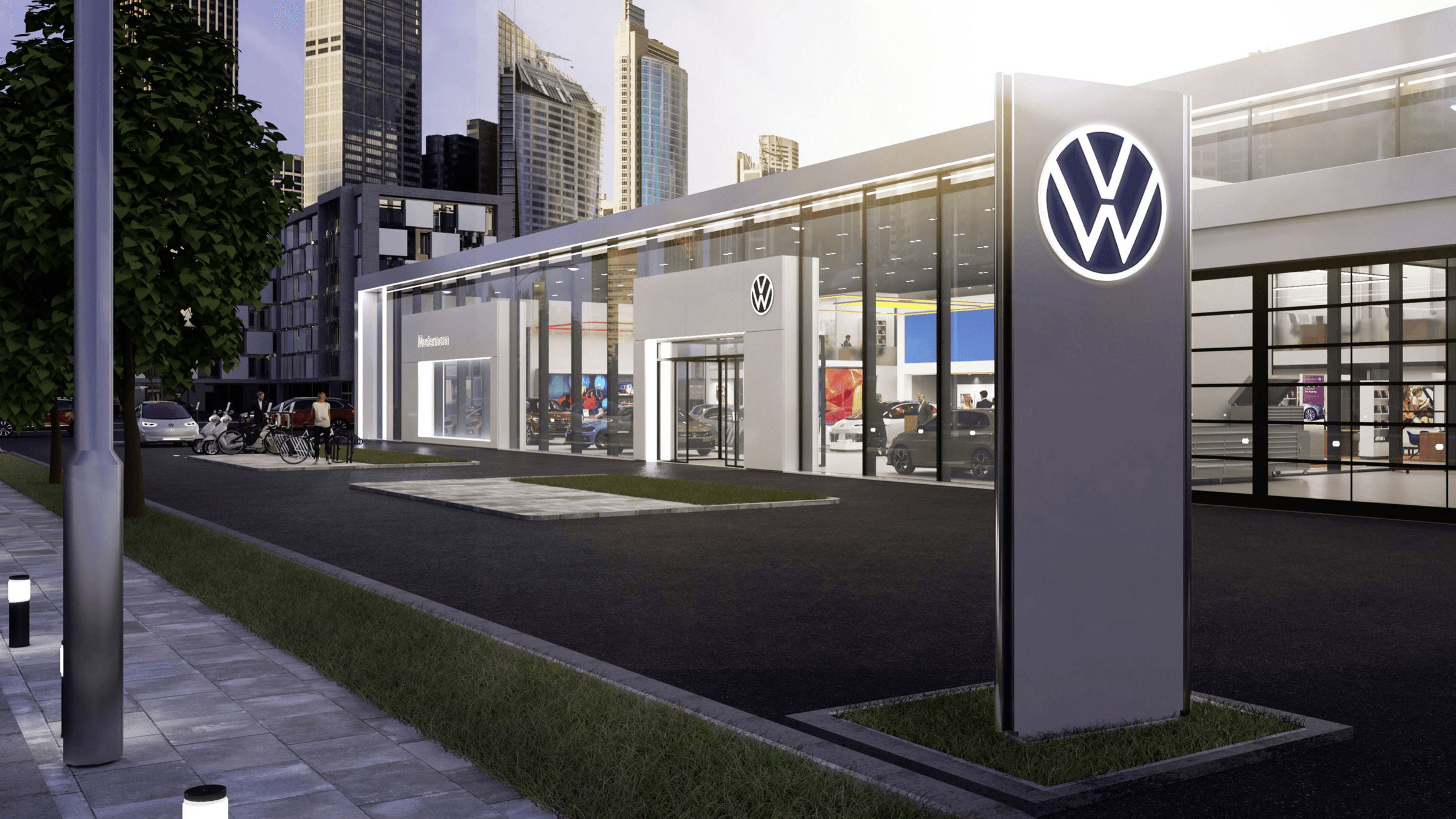RIO DE JANEIRO, BRAZIL – With the expansion in electric cars in Europe, North America, and China, factories in emerging countries that essentially supply only local markets, as is the case in Brazil, run the risk of becoming obsolete in a few years.
It will be up to each company to define its strategy. Volkswagen has decided to transform Brazil into a research, development, and production center for “flex” engines – which run on ethanol or gasoline – for hybrid vehicles, writes Valor in its latest report.
The idea is to export the technology and future engines to Latin American countries as well as to more distant regions, such as South Africa and India.
Transforming Brazil into a development center for technologies based on biofuels could be a chance to give the Brazilian vehicle and auto parts industry a breathing space until the country and the region enter the electric car era. This is likely to happen when the mass production of this type of vehicle makes its cost more affordable.
The hybrid car, which has two engines – a combustion engine helps charge the electric one – is a solution compatible with reducing carbon dioxide emissions when fueled with clean liquid fuel. In this case, ethanol, a technology Brazil developed 48 years ago, has the advantage.
Toyota was the first automaker to introduce and sell flex technology in hybrid vehicles in Brazil. The hybrid line of the Corolla model can be fueled with gasoline or ethanol. Volks aims for greater heights.
It intends to make investments in the country to create a worldwide development base for the technology, with an eye, above all, on the emerging country market. One of the most quoted countries for exchanging knowledge is India, which recently authorized fuel distribution companies to sell pure ethanol at the gas stations.
“This is the way we can make a new industry,” says Volkswagen’s president in Latin America, Pablo Di Si. The executive estimates that if nothing is done to save it, the Brazilian automotive park – today the ninth-largest in the world – runs the risk of ending in less than 20 years. Or even ten, he says, depending on how fast vehicles change in other countries.
Di Si affirms that during the almost four years in which he has been in charge of VW in Latin America, the risk of the Brazilian vehicle industry disappearing was the only problem that “took his sleep away”.
The executive was afraid of being witness to yet another “jabuticaba”. The symbolic meaning of the fruit’s name – and the fruit itself – he knew in 2001, the first time he came to work in Brazil.
“Jabuticabas,” a pejorative way of referring to things that exist only in Brazil, do not fit in a sector as global as the automotive sector. “The key has already turned in Europe and other regions. It is Brazil that has to adapt to the world, not the world to Brazil,” he highlights.
Di Si spent a year and a half “studying” our ethanol. He talked to specialists, members of the government, academics and visited mills. He was ready when two weeks ago he went to Germany to present the Brazilian potential in the area of biofuels. He returned with the approval of the group’s world management to transform the Brazilian branch into this new development center.
Important steps are still missing, such as defining the investment in the project, which will include bringing the hybrid engines developed in Europe so that the Brazilian engineering team can create versions adapted mainly to ethanol.
At the end of last year, the Volks Group announced its plan to invest 73 billion Euros in electrification projects for its brands.
To convince the Germans about the Brazilian potential Di Si showed data from the entire ethanol production chain in the country. He knew that questions would arise about the fear that sugarcane production for ethanol would occupy areas that could be used for food production during the presentation.
When the question came up, he showed data from the Sugar Cane Industry Union (UNICA): the area destined for ethanol corresponds to 0.8% of Brazilian land. Di Si prepared himself, yet, for another question that he imagined would arise: “no, we don’t need to deforest the Amazon to obtain this source of energy.”
For him, Brazil will soon unify norms for fuel use. “The discussion cannot involve only how much the car emits, but the whole chain; it is as we say: from the well to the wheel.”
Meanwhile, the executive plays the role of “ethanol ambassador.” Last week he received a real ambassador: Suresh Reddy, from India, who went to the Volkswagen plant in São Bernardo do Campo (SP) to see how bi-fuel engines are developed.
According to Di Si, Reddy told him that India is advancing in the use of ethanol as fuel, and in a few months, it should launch a policy for the use of flex-fuel engines.
Source: Valor


